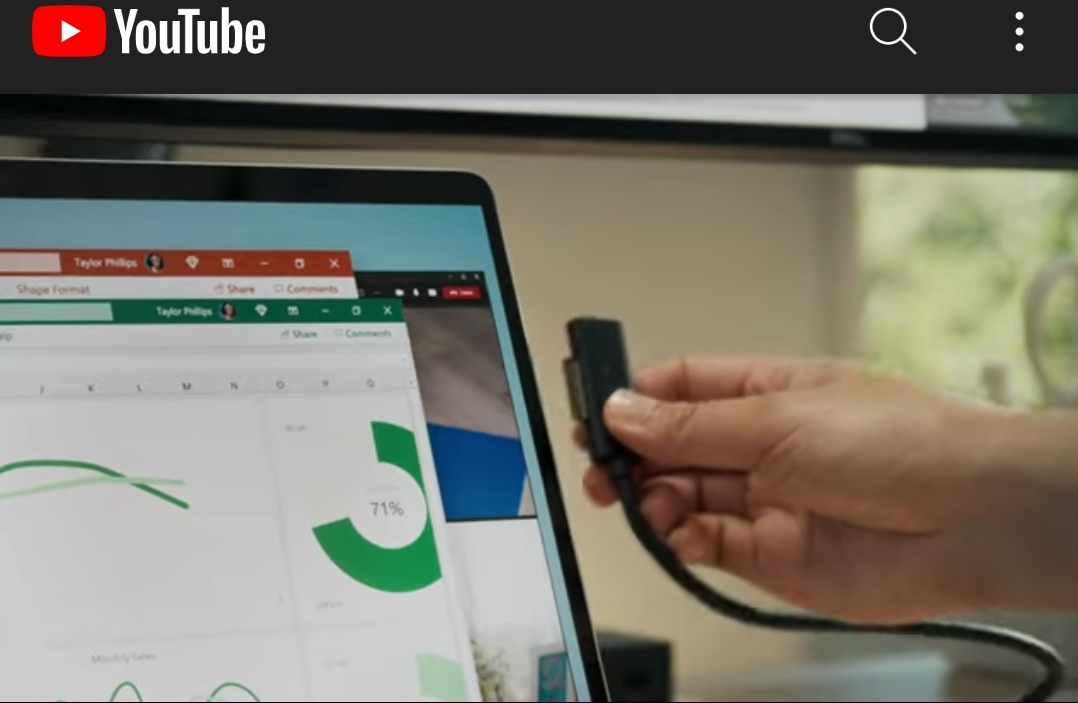Microsoft announces Windows 11, generally available by the holidays
https://techcrunch.com/2021/06/24/microsoft-announces-windows-11-generally-available-by-the-holidays/
Microsoft today officially announced Windows 11, the next version of its desktop operating system.
Microsoft plans to release Windows 11 to the general public by the holidays, so we can probably expect it sometime around late November.
You will now also be able to run Android apps on Windows. These apps will seem like native apps that can be integrated into the taskbar.
Windows 11 will come with Teams built-in.
Microsoft promises better graphics for gaming thanks to Auto HDR, a feature that’s already available on Xbox.
More:
Introducing Windows 11 page and video.

257 Comments
Tomi Engdahl says:
https://kotimikro.fi/oheislaitteet/kayttojarjestelma/windows-11/windows-11ta-voi-yha-kayttaa-vanhemmassa-tietokoneessa
Tomi Engdahl says:
https://learn.microsoft.com/en-us/windows/package-manager/winget/
Tomi Engdahl says:
Task bar icons fix tips:
Taskbar Icons Not Showing On Windows 11 – (2024 Updated FIX)
https://www.youtube.com/watch?v=Fyfke7w7t88
Tomi Engdahl says:
Not a fan of AI? A recent Windows update can actually remove Microsoft’s Copilot assistant from the OS.
As the company promotes generative AI to the public, Redmond accidentally introduced a software bug last week that can delete the Copilot program from PCs running Windows 10 or 11.
The problem affects the March 11th updates for both operating systems. “We’re aware of an issue with the Microsoft Copilot app affecting some devices. The app is unintentionally uninstalled and unpinned from the taskbar,” the company wrote in the support pages.
In a bit of irony though, some Windows users have said “I wish this wasn’t a bug” after learning that Microsoft has been mistakenly deleting the Copilot app.
“Amazing, Microsoft fixes their own bloat,” joked one user on Reddit. “Finally a good feature,” wrote another.
More at PCMag
https://www.pcmag.com/news/oops-update-accidentally-removes-copilot-from-windows
Tomi Engdahl says:
https://www.bleepingcomputer.com/news/microsoft/microsoft-tests-new-quick-machine-recovery-tool-to-fix-boot-crashes/
Tomi Engdahl says:
https://www.bleepingcomputer.com/news/microsoft/microsofts-killing-script-used-to-avoid-microsoft-account-in-windows-11/
Tomi Engdahl says:
https://etn.fi/index.php/13-news/17657-pian-se-vihdoin-tapahtuu-windows-11-nousee-suosituimmaksi